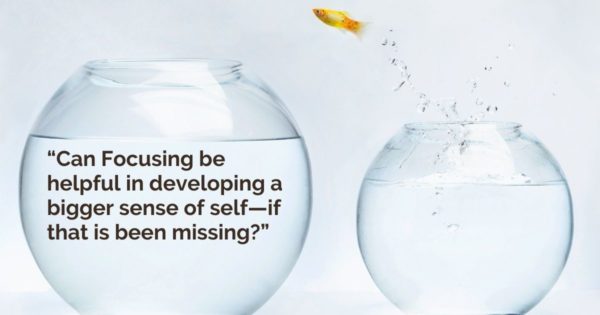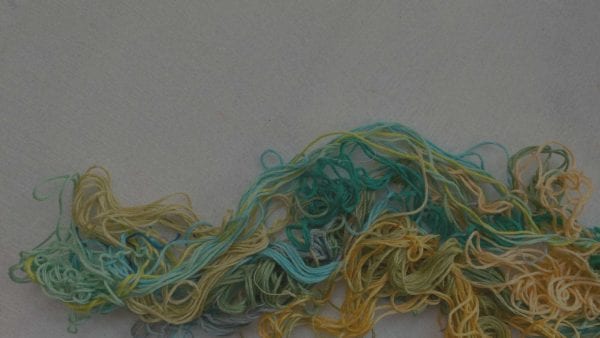Michael writes: “Thank you for the Tip a few weeks ago about the person who had the pressure in the forehead that kept getting stronger. My question is about times when I am helping another person do Focusing, and they have a discomfort, like in their forehead, and they find their hand spontaneously going to the spot to rub it. I don’t want to inappropriately assume or attempt to control the person’s process, but I am wondering about such physical engagement with a sensation becoming a way to avoid or distract one from entering more deeply into relationship with what presents itself. Is there a guideline for when to make which response — in addition to one’s own inner sense of Focusing intuition?”
Dear Michael,
Good question! There is an understandable wish to relieve or release the discomfort, and rubbing with the hand is a possible way to do that. However, that uncomfortable body sensation may contain wisdom — it may have something important to say — and the rubbing could get in the way of ‘hearing’ it.
I’m assuming you are asking about working with someone who doesn’t know Focusing already? People who have learned Focusing, and are experienced, can generally tell the difference themselves between a body sensation that needs to be rubbed, and a felt sense which has something to say.
Actually, in either case, with a Focusing partner or with a client who doesn’t know Focusing, I’ll start out the same way. I’ll say, “And I see your hand is going there.” They might not even have noticed that it happened, and this reflection of what I see happening brings the gentlest touch of awareness. No judgment. Just noticing.
“Maybe that is something that has been waiting to tell you about itself.”
If I’m with a new person, I might continue by saying, “Looks like you’re wanting to help that uncomfortable feeling [using their words] feel better. I’m just wondering if maybe — before you do that — you might want to just spend some time sensing it and listening to it. It might be something that has been waiting to tell you about itself.”
This is a good example of a principle: It’s OK to teach a little while working with someone. I hope I don’t sound like I’m “teaching,” but more like I’m giving the person some supportive information that they may not have realized, about how the Focusing process works.
(Notice also my phrase “before you do that,” showing that I respect the person’s wishes, and if they want to rub the spot of course they are allowed to… but maybe they might do something else first.)
Uncomfortable sensations are here for a reason, and we don’t want them to go away until they have delivered their message and fulfilled their purpose!







